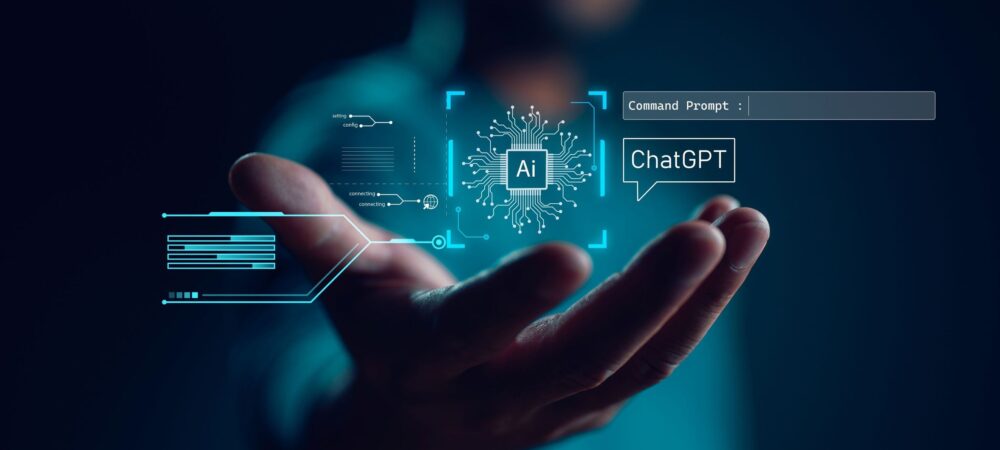Generative AI tools such as OpenAI’s ChatGPT and Google’s Bard have dominated headlines for months as people consider the possibilities and pitfalls of their uses in a variety of fields, from writing poetry to generating computer code. Lawyers are not exempt from the excitement, as evidenced by Harvey.AI, a generative AI start-up focused on the legal profession that recently raised $21 million in funding. But a recent case in New York tempered this lawyerly enthusiasm somewhat when a widely-publicized sanctions order excoriated the plaintiffs’ lawyers for “abandoning their responsibilities when they submitted non-existent judicial opinions with fake quotes and citations created by the artificial intelligence tool ChatGPT.” [Mata v. Avianca, Inc., 1:22-cv-01461 (S.D.N.Y. June 22, 2023)].
Following the sanctions order in Mata v. Avianca, Inc., lawyers were breathlessly warned that using AI could “land you in hot water” and that the saga “should serve as a cautionary tale for individuals seeking to use AI in connection with legal research, legal questions, or other legal issues.” But AI in the context of eDiscovery is nothing new. Technology-assisted review (TAR) has been in use since 2009, when predictive coding first hit the scene, allowing lawyers to provide a “seed set” of documents to software that then predicted whether other documents in the data set were relevant or not. The technology advanced with the advent of active learning, or “TAR 2.0,” which allowed the software to continuously analyze the results of a human-led document review and adjust its relevancy predictions accordingly. Efforts to incorporate deep learning and natural language processing (NLP) represent the most recent iteration in a series of efforts to utilize AI to streamline the process of reviewing documents.
Mata v. Avianca, Inc., does offer one lesson that is always applicable when using new technologies in the eDiscovery context: always understand the tools you are using, as well as their limits and risks. One of the Mata attorneys who submitted a brief replete with fake cases generated by ChatGPT admitted at the sanctions hearing that he had not understood ChatGPT was a large language model that generated responses to queries by analyzing examples of text pulled from the internet, instead assuming that the tool was a “super search engine.” Because the lawyer did not understand how ChatGPT worked, he was unaware of its well-documented tendency to “hallucinate,” or make up false information when supplying an answer.
Understanding the potential pitfalls of AI tools not only allows lawyers to avoid an embarrassing admission to the court later on, but also helps ensure that ethical obligations are met. Courts in Texas, Illinois, and Pennsylvania have recently entered standing orders addressing requirements and disclosures when lawyers utilize generative AI technology, and similar orders are sure to follow in courts around the country. Individual court requirements are of course in addition to an attorney’s obligations under the federal rules and rules of professional conduct, as well as obligations to keep a client’s sensitive data confidential.
Once lawyers fully understand the limits and risks of generative AI and take steps to ensure all ethical obligations are met, however, the new technology has the potential to save costs and times, just as eDiscovery AI technologies in the past. Some new technologies, for example, boast that they can save an attorney 80% of the time needed to manually log privilege by leveraging generative AI capabilities. ChatGPT has been touted for a variety of eDiscovery uses, from topic modeling to language translation. And some in the legal community have predicted that as generative AI advances, it could capably take over many aspects of the eDiscovery process from early case assessment and investigation to the entirety of first-pass document review. Of course, the capacity for generative AI to hallucinate, misunderstand inputs, and miss nuance means that human overview by a member of the bar who has pledged to uphold the law will likely always be necessary.
Generative AI is a part of the future of eDiscovery, and will continue to build upon the AI technology that has come before it in transforming how lawyers approach the discovery process. But as the Mata v. Avianca, Inc., sanctions order shows, lawyers should not worry about their job security just yet — the technology is not yet ready to take over the eDiscovery process from humans fully, and it may never be ready to do so.
Joe A. Tate, Jr., Member and Managing Director of CODISCOVR, focuses his practice on eDiscovery, information governance, and data management issues in the context of litigation and investigations. In his role, Joe is responsible for the day-to-day management of a team of attorneys and technologists that handle all phases of the eDiscovery lifecycle. Connect with Joe → |
|
|---|---|
Nicole Gill, Counsel at CODISCOVR, concentrates her practice on electronic discovery in a variety of contexts, manages complex document review workflows, and routinely navigates data and privacy protection laws across many jurisdictions, both domestic and foreign. Nicole also implements quality control procedures to mitigate risk and counsels both clients and colleagues on issues related to eDiscovery, information governance and data management. Connect with Nicole → |
CODISCOVR, an ancillary business unit of Cozen O’Connor, sits at the intersection of law and technology. We combine cutting-edge technological savvy with an immense amount of hands-on trial experience to manage the entire life cycle of the eDiscovery practice. Learn more →




